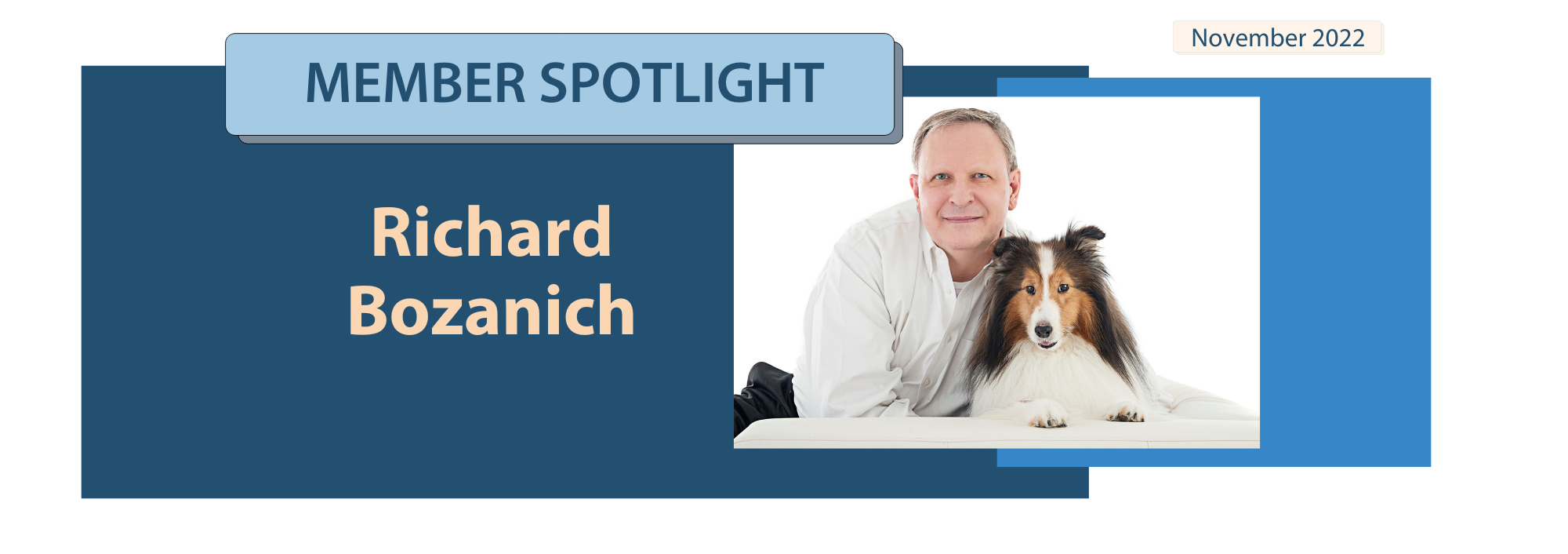- Details
- Last Updated: 29 November 2022 29 November 2022

"One morning in October 1991 my alarm went off and I woke up and life was never the same again."
At age 5 I became ill with mononucleosis and missed most of kindergarten. During my junior year of college, I fell ill with mono again but I did graduate college and then moved from California to Boston where I worked at the Harvard Business School and lived on Beacon Hill. My career as a writer and editor then took me from Boston back to Los Angeles, then on to Washington, D.C., Tampa, Dallas and back to Los Angeles (there’s time in Denver, too!).
My bachelor’s and master’s degrees are in journalism and I loved the field and was good at it eventually being hired to be the managing editor of a daily newspaper before age 30. It was a demanding job but I thrived on it. One exciting aspect of working in news is that once the newspaper was put to bed we got to start all over again the next day.
One morning in October 1991 my alarm went off and I woke up and life was never the same again. My then-primary care doctor ran tests and he said: “You have something called Chronic Fatigue Syndrome but you need to find a specialist because I don’t know how to treat it.” Unlike others, at least I had a name and a diagnosis. Using what little energy I had, I approached investigating my illness the way a reporter researches a story — since this was pre-Internet, I began making calls and learned about the CFS outbreak in Incline Village, Nevada, and about Dr. Paul Cheney, who had moved his practice to Charlotte, North Carolina. My mother put me in a wheelchair, got us on a plane and we went to see Dr. Cheney. He knew which tests to run such as a Neuro-SPECT Scan by Dr. Ismael Mena and neuro-psych testing from Dr. Sheila Bastien in Berkeley, California. The results of the tests proved that the unending fatigue, pain, brain fog and unrestorative sleep and the myriad other symptoms were NOT “all in my head.”
Aside from prescription medications, Dr. Cheney instructed me on how to give myself deep intra-muscular doses of vitamin injections as well as taking a prescription dose of sublingual troches of an enzyme from a specialty pharmacy. A referral to a nutritionist in Arizona led to an unfortunate detour causing me to waste away to 119 pounds necessitating my mother to fly us to Charlotte to see Dr. Cheney, who had me admitted to the hospital in February 1994. Most of what I remember from that time is the 1994 Winter Olympics in Lillehammer on the TV in my hospital room and being on a morphine drip. It was a 30-day hospital stay. One night in the hospital I remember saying to myself: “You’re a tough old bird.”
After getting some weight back on my bones, I asked Dr. Cheney for a referral to a CFS specialist closer to home.
I realize this illness is different for different people and the treatments may help some. In 1999 my then-physician prescribed an anti-viral for me and in two weeks my body felt a difference as the anti-viral seemed to be working on the illness as a whole. It was not a cure, but I was better. And then that particular medication stopped working and I went into a terrible crash — similar to the one on that first morning in October 1991. Finally, a different anti-viral was prescribed and while it didn’t provide the boost that the previous prescription had, it did allow me a better quality of life.
I am very grateful for Massachusetts M.E./CFS for allowing me to participate in the online support groups. Mass M.E./CFS is a wonderful organization with incredible people who help those who are suffering. Those of us with chronic illnesses often become invisible — who aren’t able to find adequate medical care and/or do not receive support from friends, family members, the medical community, etc. The support groups provide a place where we are able to feel supported and support each other and they have been a lifeline for so many of us.
Some years ago a journalist with a chronic condition was asked if he ever thought about what his life would be like if he didn’t have that condition. “What if your life took a different path?” And he answered that this is the path that he is on. It is the only path. While we all might ponder “What if’s?” this is the path that our lives took. I choose to believe that I am not “less than” because of M.E./CFS. As difficult as it might feel at times, I still get pleasure from interests that give my life meaning.